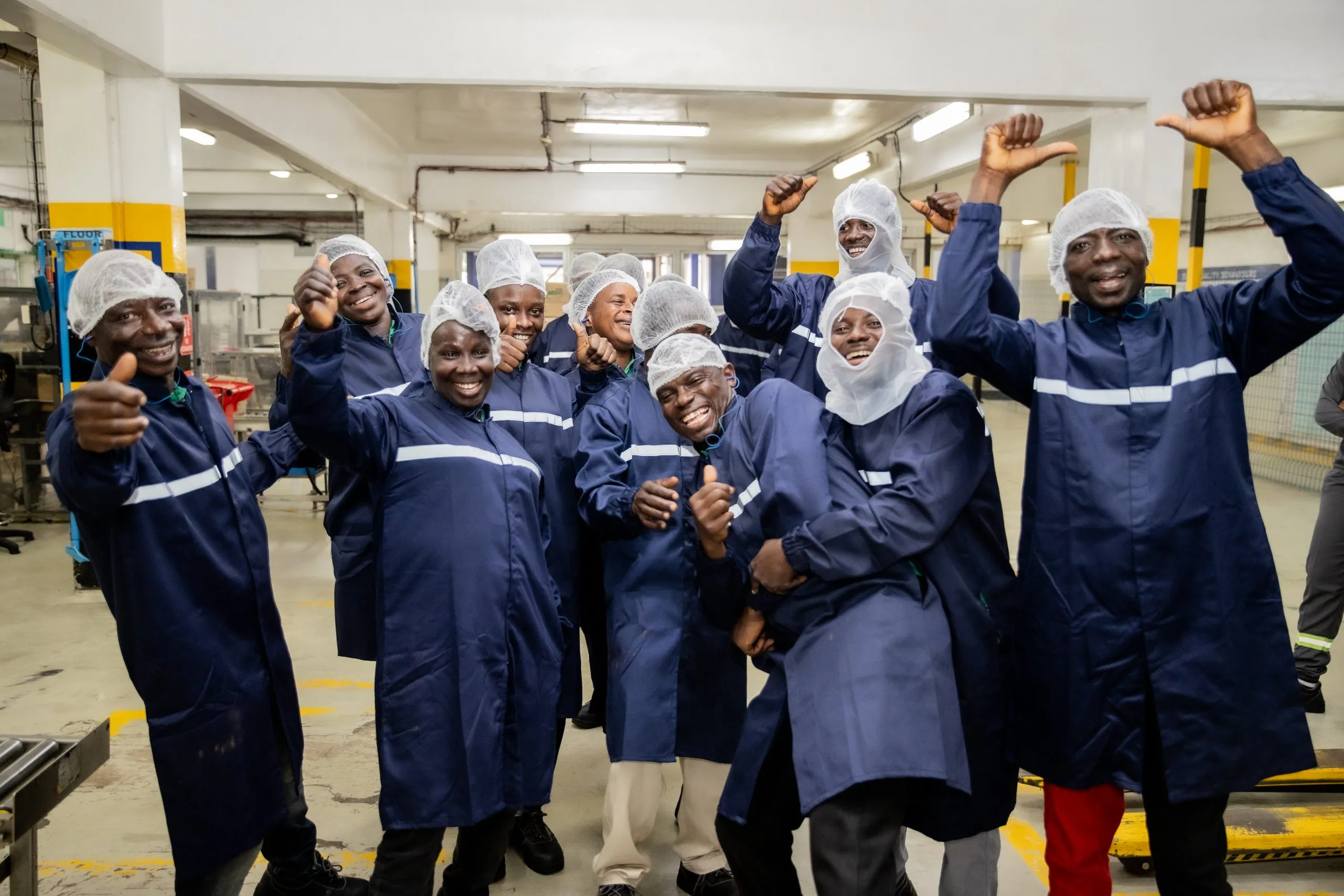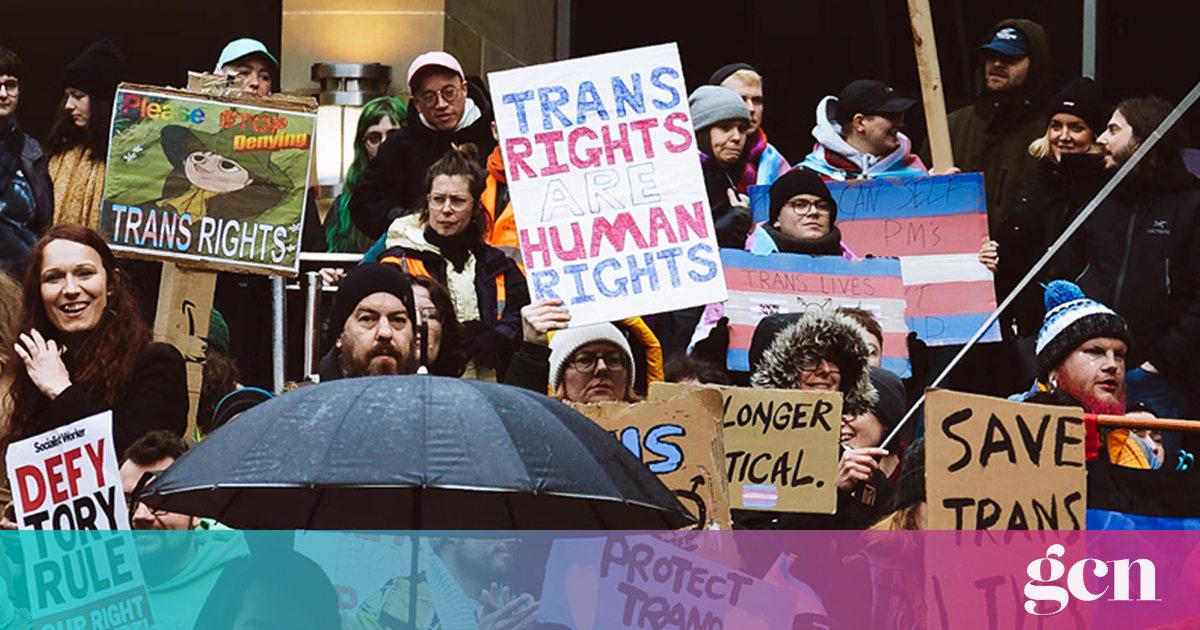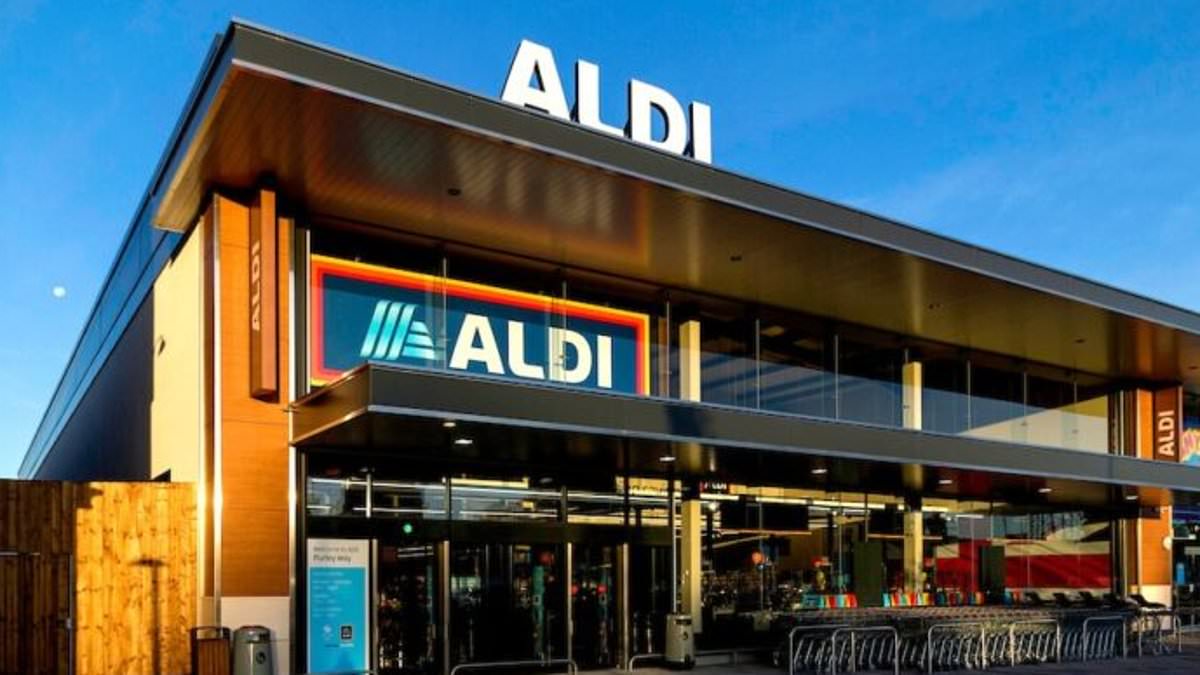By Frank Amponsah
Copyright thenewcrusadingguideonline

Nestlé Ghana has hosted 15 cocoa farmers from the Ashanti Region at its Tema factory, offering them a firsthand look at how their produce is transformed into household brands such as Milo.
The initiative, the first of its kind, forms part of Nestlé’s Creating Shared Value approach, which seeks to empower farmers while ensuring a sustainable cocoa supply for its operations.
For the group of cocoa farmers invited to Nestlé Ghana’s Tema factory, the experience was both educational and inspiring. Many of them, though seasoned in cultivating cocoa, had never witnessed how their beans are transformed into world-renowned products like Milo.
The farmers described the visit as eye-opening, saying it gave them a deeper understanding of the value chain and their critical role in sustaining it.
Anthony Owusu, a farmer from Adansi Fumesekitua, said the tour had changed his perspective. “This is the first time I have seen how cocoa from our farms ends up in Milo and other Nestlé products. I am taking this knowledge back to my community so other farmers can understand the value of what we
produce,” he said.
Another farmer, Thomas Oduro also from Adansi Fumesekitua, shared similar sentiments. “When I first entered the factory, I thought I was in the wrong place. But after the tour, I felt at home and overly impressed. Today, I feel overjoyed and confident about the role we farmers play in creating these world-class products,” he added.
Corporate Communications Manager of Nestlé Ghana, Deborah Kwablah, described the engagement as central to the company’s philosophy of creating shared value. She explained that Nestlé’s work with farmers goes beyond sourcing raw materials, focusing instead on building sustainable livelihoods through agronomic training, infrastructure provision, and social interventions.
“We train farmers in the right agronomic practices so they can increase yields and improve their livelihoods. When they get better returns from their land, Nestlé also benefits by securing the quality cocoa we need for our products. That is why we call it shared value, it’s about creating opportunities for both the farmer and the business,” Ms. Kwablah said.
She added Nestlé also invested in social infrastructure in cocoa-growing communities, noting that in 2025 alone, the company commissioned 15 boreholes and five schools, with additional schools, toilet facilities, and water systems under construction.
Nestlé Ghana intends to make the factory visit an annual feature, giving farmers a sense of ownership and pride in the value chain.



